Coaching Quote of the Day 18th October 2013

“Change and growth take place when a person has risked himself and dares to become involved with experimenting with his own life.”
(Herbert Otto)

“Change and growth take place when a person has risked himself and dares to become involved with experimenting with his own life.”
(Herbert Otto)
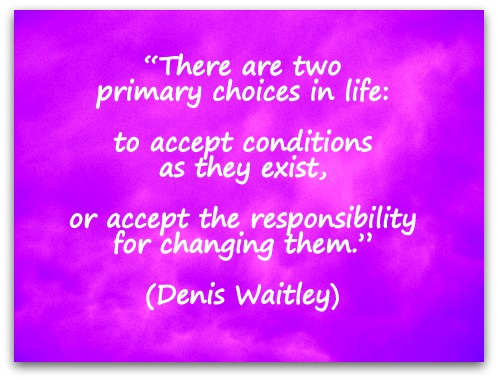
“There are two primary choices in life: to accept conditions as they exist, or accept the responsibility for changing them.”
(Denis Waitley)
“How do you get clients?” is a question I see and hear asked a lot. In today’s guest post Judy Rees shares her experience and knowledge in:
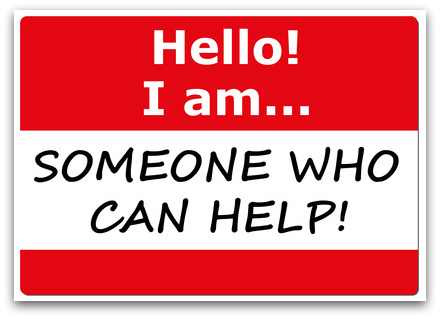
By Judy Rees
Do you call yourself a coach? A life coach, an executive coach, a wellbeing coach? Are you a mentor, advisor or counsellor? Or does your business card claim that you’re a “change agent” or even a “personal consultant”?
And does it matter? I think it probably matters quite a lot.
At one level, all the above titles could refer to the same role – someone who helps other people make lasting changes in their life or work.
But some of them sound a whole lot more appealing than others, don’t they? Which would you choose when you wanted help to make a lasting change? And more to the point, which would your potential clients choose?
It’s important to remember that people tend to define words like Humpty Dumpty in Alice – they use words to mean just what they choose them to mean, not necessarily what you expect them to mean.
I had a lovely example of this when I went to Jordan as a volunteer ‘mentor’ for young entrepreneurs, with a UK-based organisation called Mowgli.
I was worried, because I expected that mentoring must mean giving advice – and I wasn’t at all sure my experiences would be useful or relevant in this new cultural context.
Mentors advise. Coaches ask questions. Instructors, trainers and teachers provide instruction. Those were my definitions.
But that’s not what Mowgli meant by mentoring.
Their view was that mentors ask questions, perhaps tell stories, but aren’t expected to give advice. It’s coaches that teach people to do things – to fly planes, for example. For them, the exact work I think of as ‘coaching’ was called ‘mentoring’.
If your potential clients think a ‘coach’ is someone who offers training in a subject, it’s no wonder that people searching for ‘coaching’ look for a subject-area expert, rather than a process-driven generalist whose business card just says ‘coach’.
What words do your potential clients use to describe what you do? And how do these sit with your marketing?
My business card says “Judy Rees: X-Ray Listener”. At least it gets people to ask, “What’s that then?” 🙂 I tell them it means I help people to get un-stuck and make big changes in their lives by working with the metaphors which underpin their thinking and which drive their behaviour. For example, if they’re thinking of making “a big career jump” I help them decide if that’s the right jump, at the right time, for them, and help them build the fitness they need to make it. Hear more – and book a free sample session – at www.xraylistening.com

“You will never change your life until you change something you do daily. The secret of your success is found in your daily routine.”
(John C Maxwell)
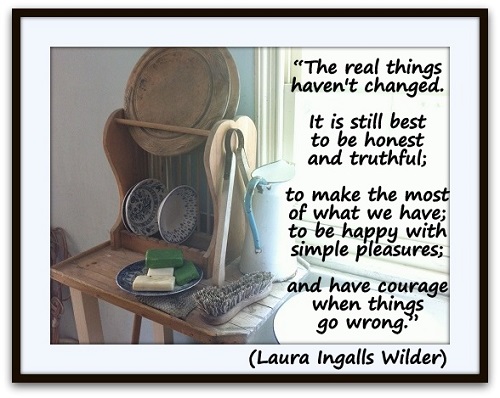
“The real things haven’t changed. It is still best to be honest and truthful; to make the most of what we have; to be happy with simple pleasures; and have courage when things go wrong.”
(Laura Ingalls Wilder)
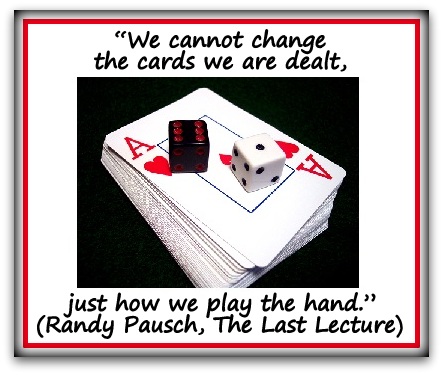
“We cannot change the cards we are dealt, just how we play the hand.”
(Randy Pausch, The Last Lecture)

“It turns out that freedom – the ability to make up your mind and change your mind – is the friend of natural happiness, because it allows you to choose among all those delicious futures and find the one that you would most enjoy.”
(Dan Gilbert)
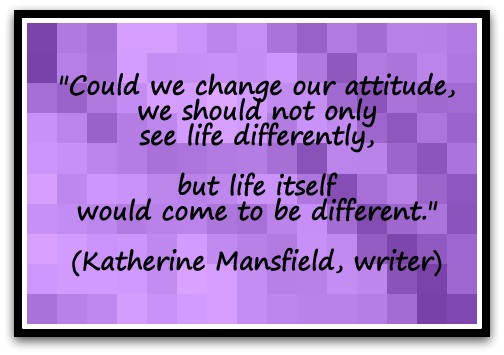
“Could we change our attitude, we should not only see life differently, but life itself would come to be different.”
(Katherine Mansfield, writer)